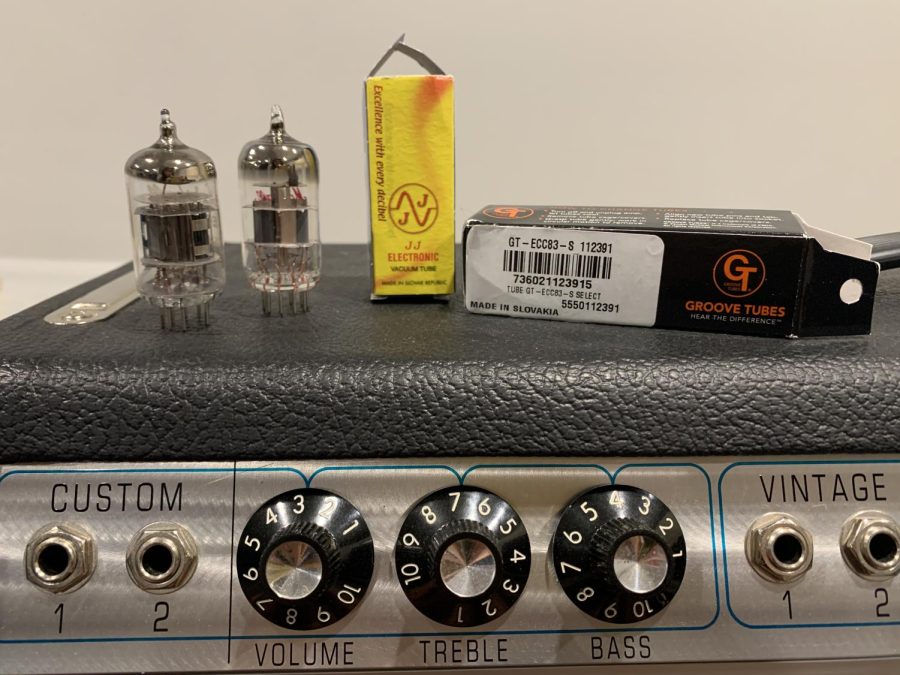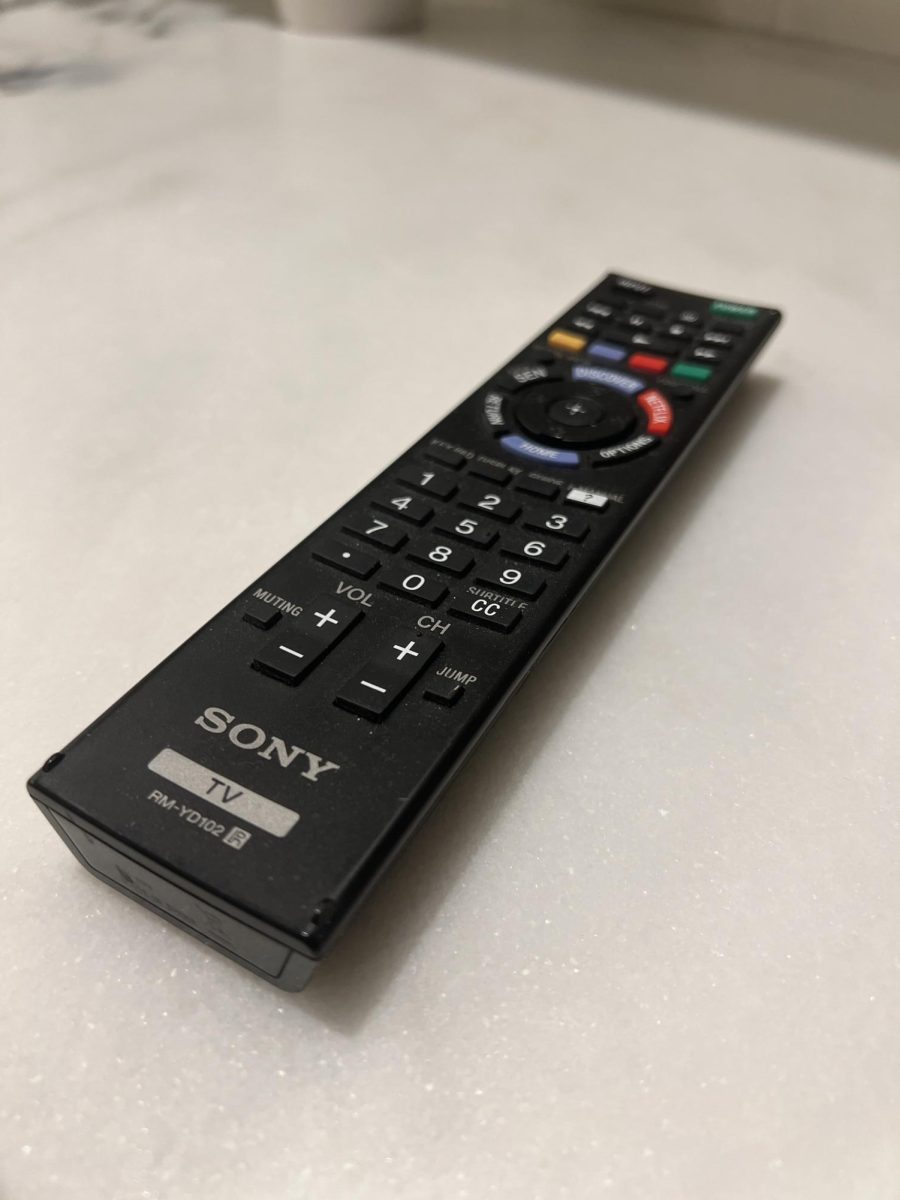By most standards, the vacuum tube is an outdated, inefficient piece of technology. But to audiophiles, tubes are essential to some of the most revered tools in music production history.
Western Europe and the United States have long since ceased production of vacuum tubes, and the entirety of tube manufacturing has fallen on a few factories in Eastern Europe and China. In response to the international economic sanctions placed on Russia due to the Ukraine conflict, Russia has announced an export ban on over 200 goods – and vacuum tubes from the Russian factory are on the list.
Electro-Harmonix founder Mike Matthews announced that the company will no longer be able to honor any tube orders for the rest of the year. He stated, “A myriad of pressures – including continued strains on the supply chain, escalating internal expenses, mounting inflation, and an ever-evolving legal landscape (particularly in light of the Ukraine conflict) – have created a very fluid and ambiguous environment.”
In conjunction with the unconfirmed closure of the massive Shuguang factory in China, 100% of mass vacuum tube manufacturing has fallen on the shoulders of the Slovakian factory. The company that owns the factory, JJ Electronic, is desperately backordered.
The decline in tube manufacturing began long before today’s geo-political crisis. The invention of the transistor in 1948 took the electronics world by storm. In every practical application, transistors are unquestionably superior. They are smaller, more reliable, more efficient, produce less heat and are cheaper to produce. In short, they do the vacuum tube’s job much better.
But why do musicians and producers cling to such an outdated piece of technology?
There is some unquantifiable quality about tube amplification that captivates musicians and audiophiles, whether applied in amplifiers, stereos or boutique radios. Guitarist Alexa Mueller remembers her excitement when she plugged into a tube amp for the first time. “I was exhilarated when I got my tube amp. It sounded so warm, almost alive. I felt more expressive as a musician because of it,” she said.
But now, musicians will have to change their entire method of artistry, grappling with a perceived lack of musicality from their equipment. Tube amplifiers are relatively expensive to begin with, and the vacuum tube shortage will only exacerbate the problem. Less new amplifiers will be produced and used amplifier prices will skyrocket. All of this begs the question: Is this the death of the tube amplifier?
Perhaps it was a long time coming. Tube amplification is finicky, heavy and expensive. Though guitarists and other audio production aficionados hang on to them like Polaroids and vinyl records, the end of tubes is inevitable. Numerous factors have played into their demise, but the Ukraine-Russia conflict may be the final nail in the coffin.
The death of tubes could potentially spark an explosion in alternative amplification technologies. For example, digital modeling technologies have improved dramatically over the past decade. Today, they can nearly perfectly recreate hundreds of amplifiers, effects pedals, cabinets and microphones in one seamless interface. “Although I really love and appreciate the effect that the tube amp has on my guitar’s natural sound, modeling amps are simply the way of the future,” Mueller remarked. “Tube amps’ exquisite sound quality is no match for the versatility and price range of digital modeling amps.”
While the Ukraine-Russia conflict has caused inconveniences for production of music technology, it will ultimately result in a more modern industry. It will force the audio production community to stop chasing the past and instead, look to the future.










